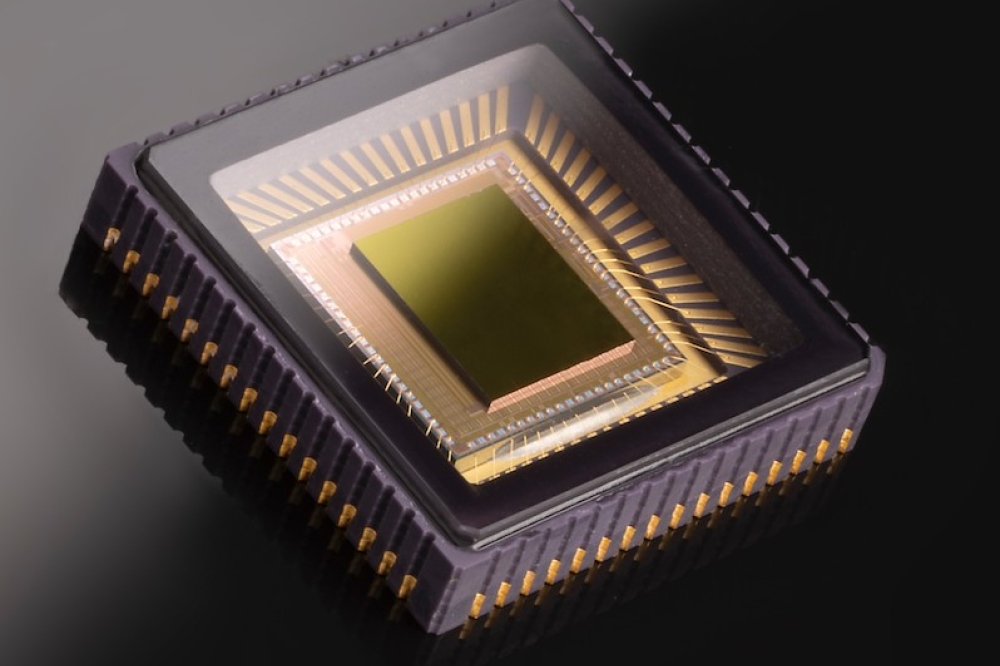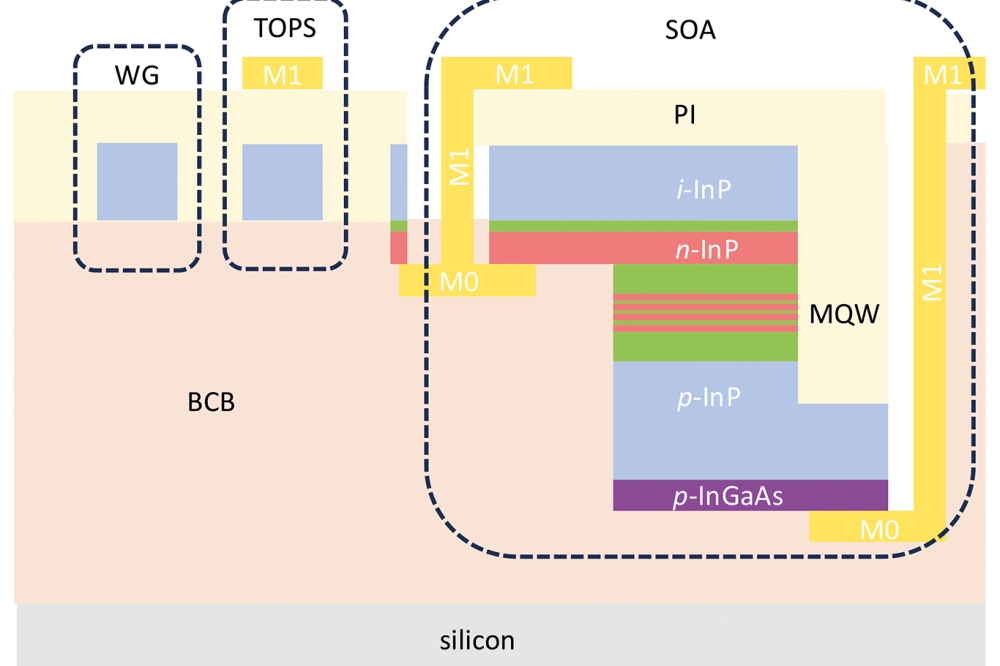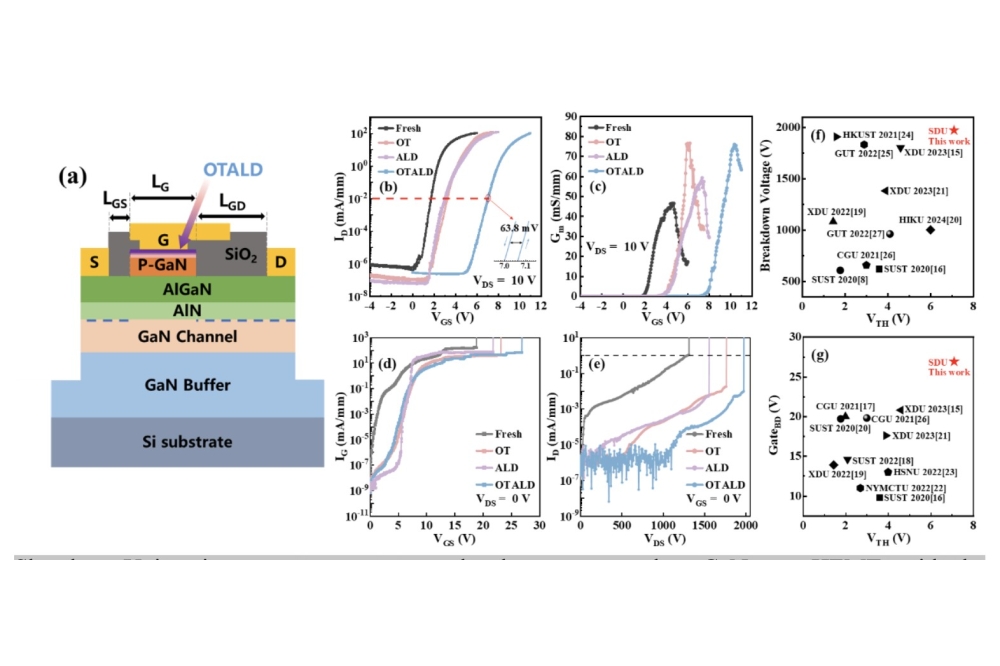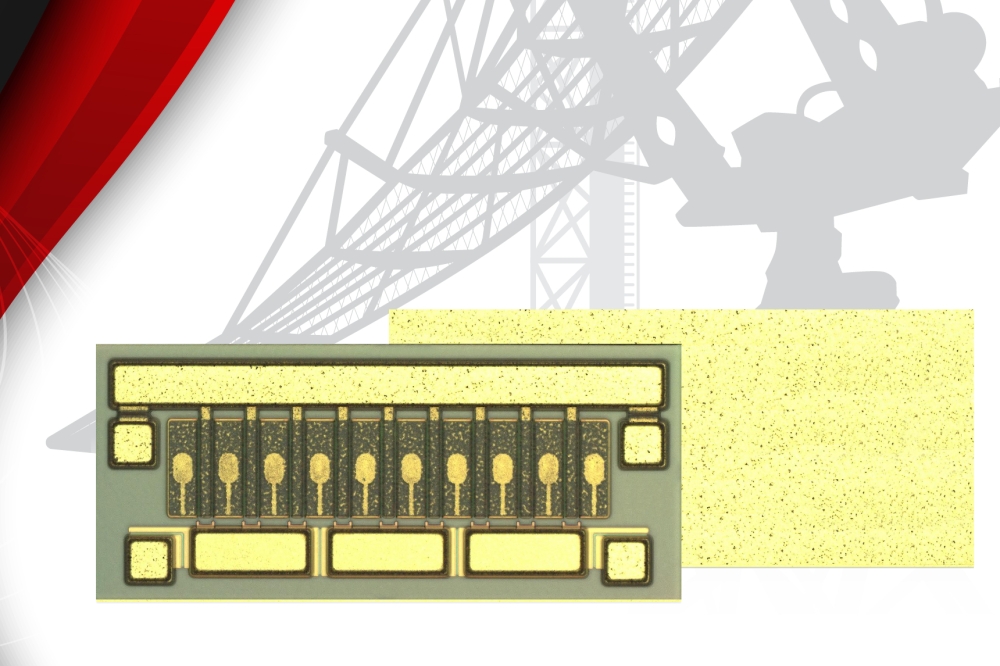UV-LED lights kill viruses at the flip of a switch
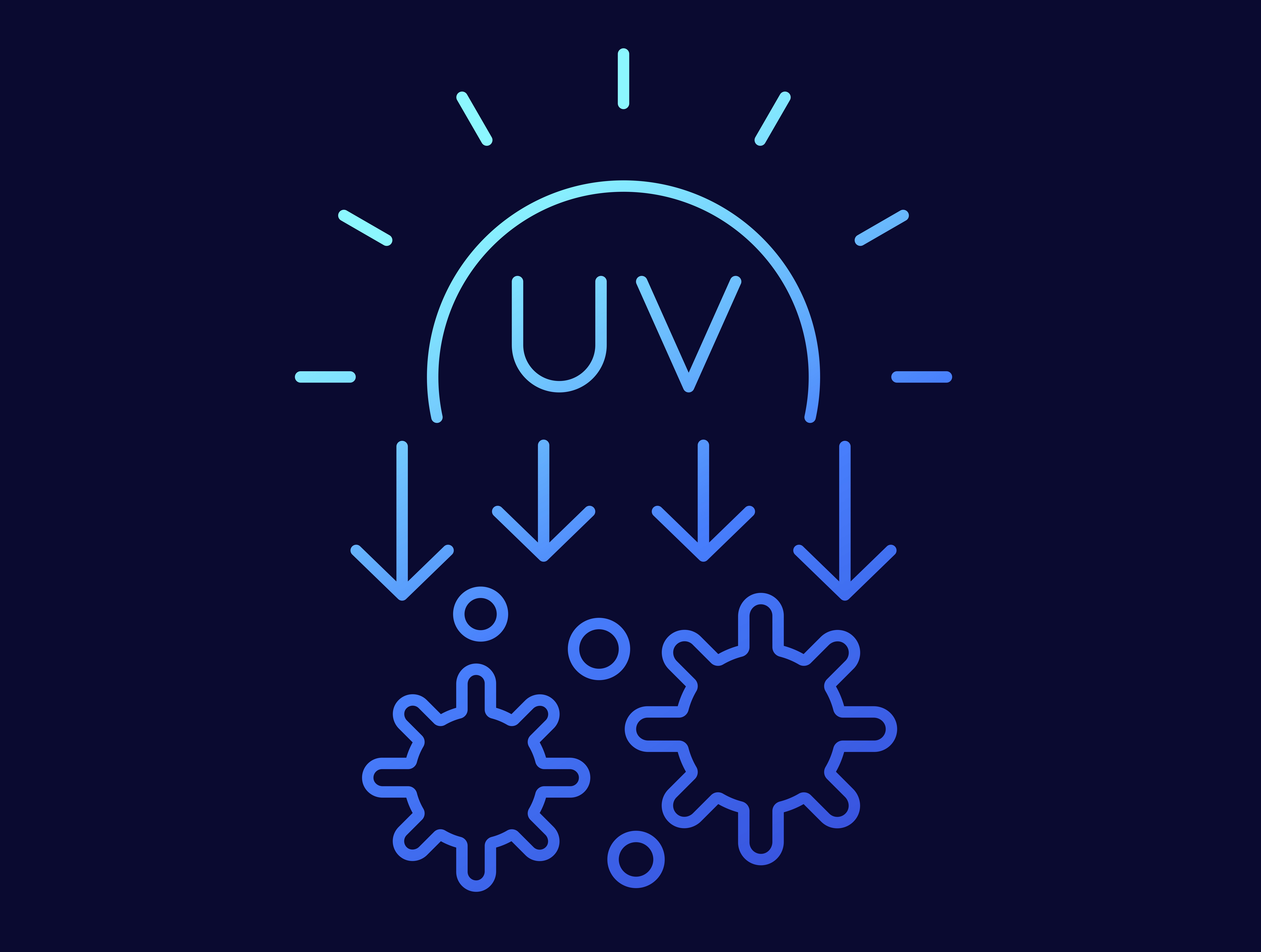
Canadian study points to the germ-killing benefits of retrofitting UV-LED lighting modules into offices and public spaces
The same lightbulbs used in offices and public spaces can destroy coronaviruses and other germs, according to a study published in the journal Virology from University of Toronto, Scarborough.
“We’re at a critical time where we need to use every single possible stop to get us out of this pandemic,” says Christina Guzzo, an assistant professor in the department of biological sciences. “Every mitigation strategy that can be easily implemented should be used.”
Guzzo, alongside PhD students Arvin T. Persaud and Jonathan Burnie, first tested the lights on bacterial spores notorious for their resistance to this radiation (known as Bacillus pumilus spores). Within 20 seconds of UV exposure, the spores’ growth dropped by 99 per cent.
The researchers also created droplets containing coronaviruses or HIV. The droplets were then exposed to UV light and placed in a culture to see if any of the virus remained active. With just 30 seconds of exposure, the virus’ ability to infect dropped by 93 per cent.
Safe Antivirus Technologies, a Toronto-based start-up company that partnered with Guzzo for the study, is developing unique UV-LED lighting modules. With motion sensors, the lights automatically switch to UV light when a room is empty, then turn back to regular light with movement.
The study was funded by the Natural Sciences and Engineering Research Council (NSERC) Alliance COVID-19 Grant.




























